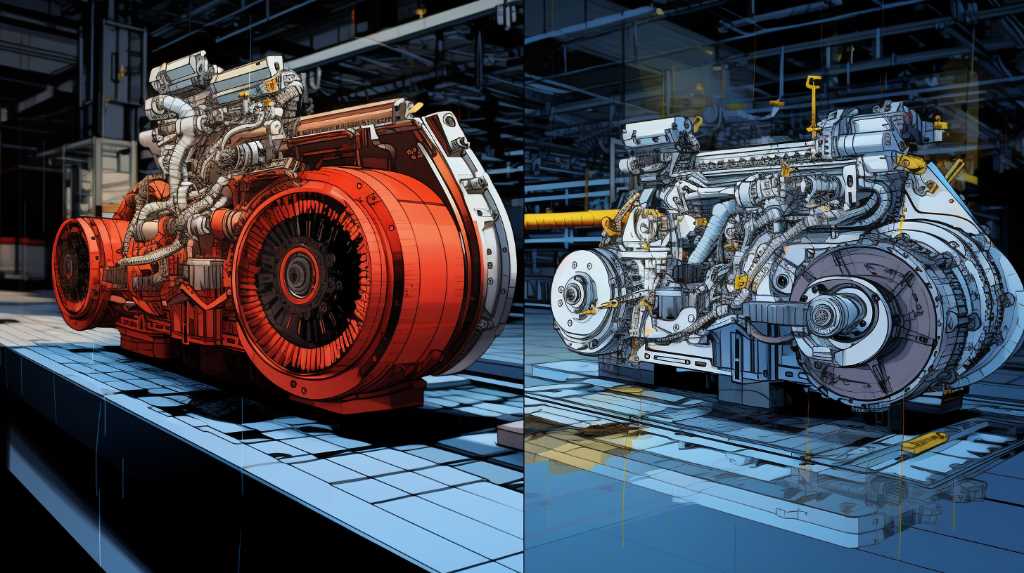
Automotive Industrial Engineering focuses on optimizing the processes involved in the design, manufacturing, and maintenance of vehicles. This specialization combines principles of industrial engineering with automotive technology to improve efficiency, quality, and productivity in the automotive industry. Here’s an overview of the key concepts, roles, tools, and trends in automotive industrial engineering.
Key Concepts
-
Manufacturing Processes:
- Understanding various manufacturing methods, such as lean manufacturing, just-in-time (JIT) production, and flexible manufacturing systems, is crucial. These methodologies help minimize waste and enhance efficiency in automotive production lines.
-
Quality Control:
- Ensuring that automotive products meet quality standards involves implementing quality management systems (QMS) and utilizing tools like Six Sigma and Total Quality Management (TQM) to reduce defects and improve product reliability.
-
Supply Chain Management:
- Automotive industrial engineers must manage the supply chain efficiently, coordinating with suppliers, manufacturers, and distributors to ensure timely delivery of parts and components while optimizing inventory levels.
-
Systems Engineering:
- This involves the integration of different engineering disciplines to ensure that all components of the automotive system work together effectively. Systems engineering is critical in developing complex vehicle systems, including electronic, mechanical, and software components.
Roles in Automotive Industrial Engineering
- Process Engineer: Focuses on designing and optimizing manufacturing processes to improve efficiency and reduce costs.
- Quality Engineer: Ensures that products meet quality standards and implements quality improvement initiatives.
- Production Manager: Oversees the manufacturing process, managing resources, schedules, and workforce to meet production targets.
- Supply Chain Analyst: Analyzes and optimizes supply chain operations to improve efficiency and reduce costs.
Tools and Technologies
- Computer-Aided Design (CAD): Software tools that help engineers design and visualize automotive components and systems.
- Manufacturing Execution Systems (MES): These systems provide real-time data about production processes, enabling better decision-making and process optimization.
- Simulation Software: Tools like AnyLogic or Arena help model manufacturing processes and predict outcomes, facilitating improvements.
Current Trends
-
Electrification and Hybrid Technologies:
- As the automotive industry shifts towards electric and hybrid vehicles, industrial engineers play a key role in optimizing manufacturing processes for these new technologies.
-
Automation and Industry 4.0:
- The adoption of smart manufacturing, including robotics and IoT (Internet of Things), is revolutionizing automotive production. Engineers must adapt to and implement these technologies for greater efficiency.
-
Sustainability:
- There is a growing emphasis on sustainable practices within automotive manufacturing, such as reducing waste, recycling materials, and minimizing energy consumption.
Conclusion
Automotive industrial engineering is vital for improving the efficiency and effectiveness of vehicle production and maintenance processes. By applying engineering principles and innovative technologies, automotive industrial engineers contribute to the advancement of the automotive industry.
For further reading and detailed insights, you can explore the following resources:
- Society of Automotive Engineers (SAE International)
- Institute of Industrial Engineers (IIE)
- Automotive News - Industry Trends
These sources provide valuable information on the principles, practices, and evolving trends in automotive industrial engineering.
